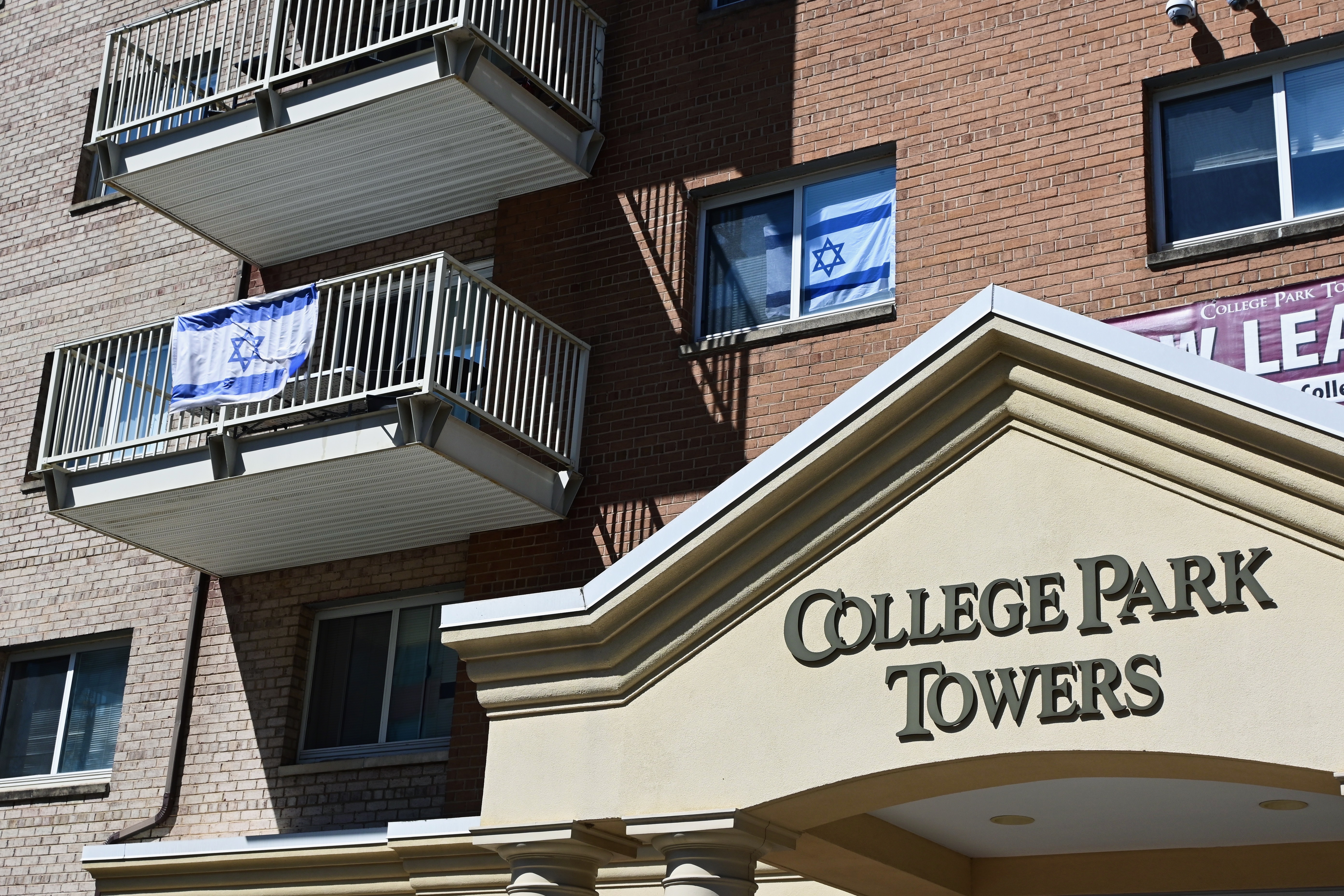By Mike Siegel
Contrary to popular belief, Yiddish is not a dying language, said Adi Mahalel, a new instructor at the University of Maryland.
“[Yiddish] is a language that, in recent years since the Holocaust, has been growing [in the number of speakers],” Mahalel said.

Mahalel, a Ph. D candidate in Yiddish and Hebrew Literature at Columbia University, will be teaching two courses through the Jewish Studies department in the spring semester, according to the Jewish Studies website. The courses are JWST281: Yiddish I, and JWST319L: Introduction to Yiddish Literature. This semester, Mahalel also teaches JWST284: Introduction to Yiddish Culture.
Mahalel believes that it is important for Jewish students to learn about Yiddish because it is a part of their ancestry and culture.
“If [students] want to know anything about their heritage of the past, Yiddish is the first and foremost place to [start],” Mahalel said. “There are communities that can speak only Yiddish today. There is a Yiddish press today, Yiddish film… it is the spoken language of the European Jews.”
One section of JWST281 is set to be online only, which seems to be no problem for Mahalel.
“[The online aspect] is very exciting…it’s something new. I feel like a pioneer in many ways,” Mahalel said. He plans on combining filmed lectures with online meetings in order to effectively teach students in the online section.
David Oliver, a senior journalism major, is excited to take Mahalel’s online section of JWST281.
“Obviously, any course that is offered online has a great appeal,” Oliver said. “Also, I think it’s very prevalent in pop culture to throw out an ‘oy vey’ now and then, and I thought why not learn more about that.” Oliver thinks that the course will attract Jewish students, especially due to the online element.
“Yiddish is a language I think people don’t know much about and therefore would benefit a lot from the class,” Oliver said.
While some Jewish students are eager to learn more about Yiddish, others like sophomore criminology and criminal justice major Jeremy Feldman do not plan on taking the courses next semester.
“I feel it is important for Jews to at least know what Yiddish is. [Being aware] is important to the culture,” Feldman said. “But I wouldn’t take the class [because] it is just something that I don’t see myself needing.”
Sophomore psychology major Stefanie Stone agreed that she is not planning on taking the courses next semester.
“I probably wouldn’t take the classes because I’m not good with languages and they really frustrate me,” Stone said.
Mahalel wants students to know that no prior knowledge of Yiddish is required to take either of his classes.
“We teach from the basics,” Mahalel said. “It can be appealing to people from [all types of] Jewish backgrounds.”




